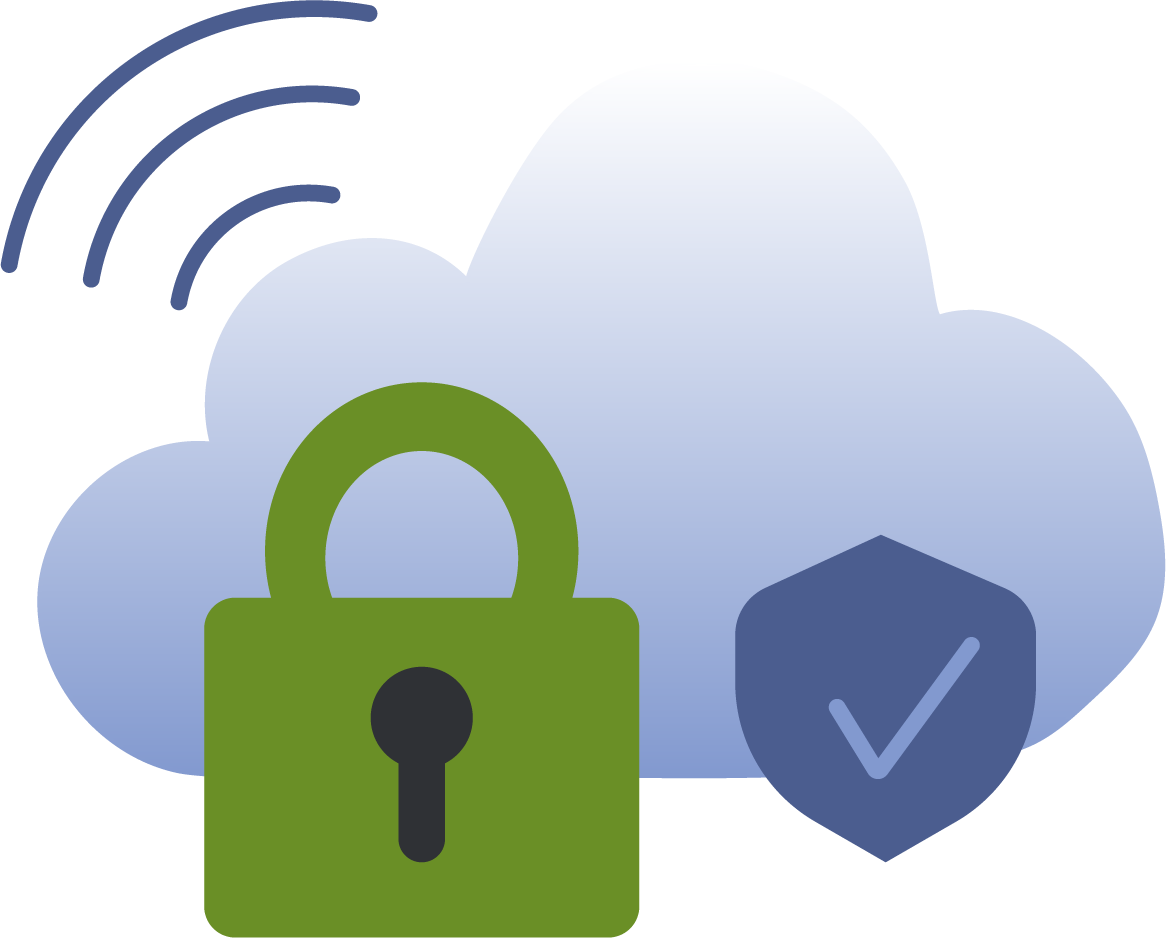WordPress is one of the most popular CMS (content management systems) on the internet, powering over 40% of all websites. It is easy to use, highly customizable and offers a wide range of features that make it an ideal platform for any website. However, like any other software, WordPress requires regular maintenance and updates to ensure it remains secure, functional, and up-to-date.

Keep your WordPress core, themes, and plugins up to date
One of the most important things you can do to maintain your WordPress website is to keep everything up to date. This includes the WordPress core, themes, and plugins. Updates are released regularly to fix bugs, security issues, and add new features. Failing to update can leave your website vulnerable to security threats and can cause conflicts and errors that could affect your website’s functionality.
Back up your website regularly
Backing up your website regularly is crucial to ensure that you can restore your website if anything goes wrong during an update or if your website is hacked. There are many plugins available that allow you to automate the backup process and store your backups offsite. Or, our secure hosting service includes automated backups. It is recommended to back up your website at least once a week.
Use secure passwords and user permissions
Using strong passwords and limiting user permissions are essential steps in maintaining the security of your WordPress website. Use a password manager to generate and store secure passwords and avoid using the same password across multiple accounts. Limit the number of users who have access to your website and ensure that each user has the appropriate permissions to perform their tasks.
Using strong passwords and limiting user permissions are essential steps in maintaining the security of your WordPress website.
Optimize your website for speed and performance
Website speed and performance are essential for user experience and search engine rankings. Optimize your website by compressing images, using a content delivery network, and caching your website’s pages. Using a hosting service that is dedicated to WordPress websites can help you manage this. Minimizing the number of plugins you use and using lightweight themes can also help improve your website’s performance.
Monitor your website’s security
Regularly monitoring your website’s security can help you identify and address security issues before they become a problem. Use security plugins to scan your website for vulnerabilities, implement security measures such as SSL certificates, and monitor your website for suspicious activity.
Test updates in a staging environment.
Testing updates in a staging environment before implementing them on your live website can help you identify and fix any issues before they affect your visitors. Many web hosts offer staging environments, or you can use a plugin to create a staging site.
